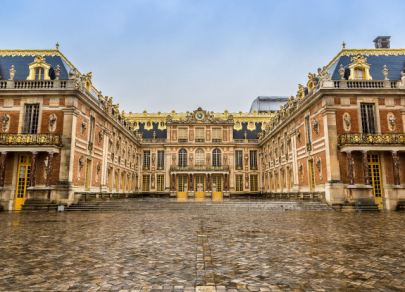
Seven most magnificent palaces in the world
The prestigious magazine Architectural Digest has published a ranking of the world's most beautiful palaces. Let us take a look at the buildings that topped this list




10 place – Finland
The delicate attitude of the Finns to the environment is caused not only by the norms of the European Union but also the natural desire of the country's inhabitants to take care of their nature.
The policy of the Finnish authorities is aimed at the general purification of rivers and lakes, the creation of an extensive network of protected natural areas, and the improvement of air quality near industrial zones.
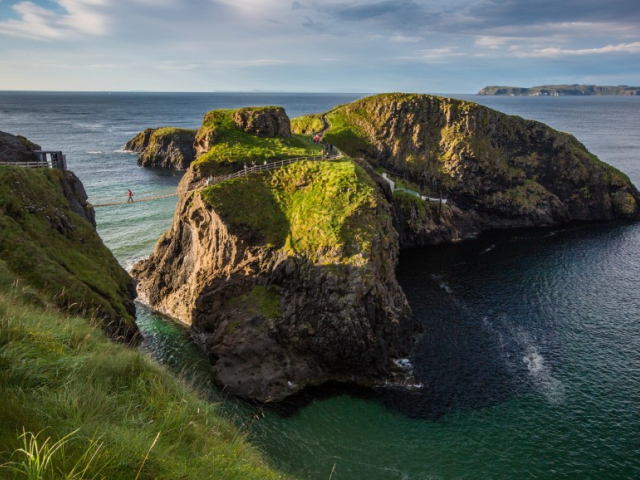
9 place – Ireland
Ireland is famous for its impeccable ecological reputation. In its territory, there are a lot of reserves and national parks that immerse the island in an atmosphere of tranquility and peace.
Millions of ecotourism fans dream to go to the Emerald Island. Among the most famous ecological sites in Ireland are the Beech Alley, the Giants Causeway, The Cliffs of Moher and others.
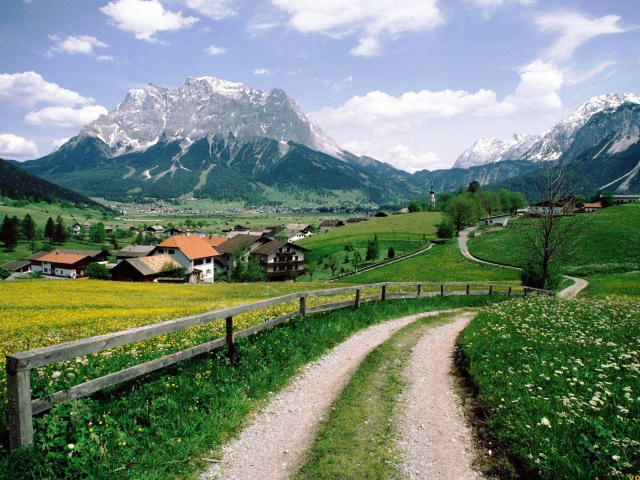
8 place – Austria
Environmental problems in Austria are related to the development of tourism infrastructure and the effects of global warming in the Alps.
The quality of life in Austria is recognized as the highest in the world, largely thanks to such environmentally important parameters as water quality, availability of water resources, improvement of sanitation and sewage systems. This is the result of the hard work of the country's governance structures and the active position of the Austrians themselves.
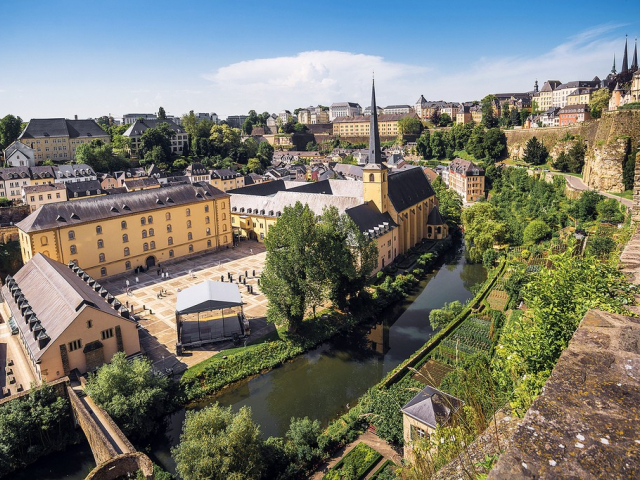
7 place – Luxembourg
Luxembourg is called "The green heart of Europe" and "little Switzerland" around the world because of its similarity to a huge park.
The country is proud with its famous "Center for Environmental Technologies" (CRTE), whose specialists are engaged in renewable energy sources, eco-design and eco-building.

6 place – The UK
Great Britain is seriously concerned with solving its environmental problems; therefore, reducing the emission of greenhouse gases, filtration, and recycling of industrial wastes is of paramount importance here. Regular environmental monitoring makes it possible to keep the situation under control.
According to the government's new plans, by 2040 sales of new cars running on gasoline and diesel fuel will be banned, and fines will be imposed for driving on "dirty" cars.
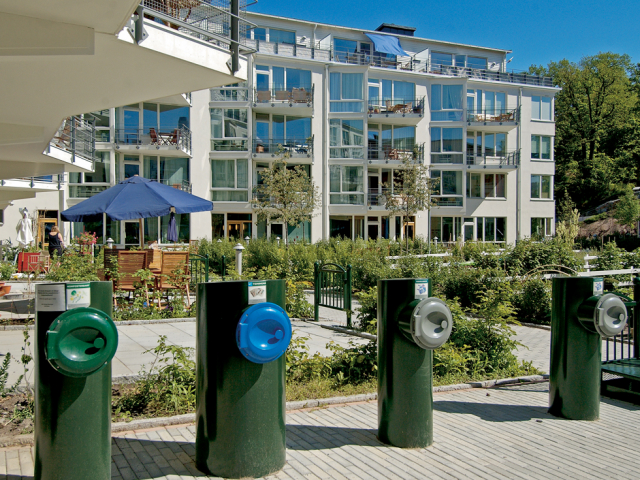
5 place – Sweden
A huge number of factories and manufacturing enterprises do not prevent Sweden from getting a rather high rating on this list.
Since the first UN conference on environmental protection, held in Stockholm in 1972, environmental problems, which are of equal importance with the painful issues of economy and migration, are being addressed not only by local authorities but also by the inhabitants themselves.
The unprecedented reduction of greenhouse gas emissions into the atmosphere, the widespread use of biofuels, the latest technologies for sorting and recycling waste, the implementation of environmental burial programs have brought Sweden to the number of the cleanest countries in the world.

4 place –Malta
The lack of fresh drinking water in Malta is compensated by the wise tax policy pursued by the authorities of the country. It includes promoting environmentally-friendly means of transport and subsidizing solar and water energy.
The development of the popular around the world ecotourism on the island is facilitated by a mild Mediterranean climate, a rich historical heritage, developed infrastructure and friendly local people.
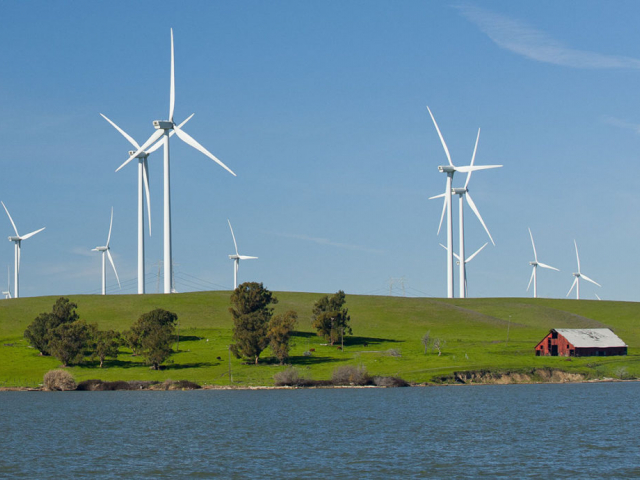
3 place – Denmark
Improvement of the ecological situation has become a national idea in Denmark; therefore, the country is actively using the newest eco-technologies, many of which are now supplied abroad.
Waste in Denmark is considered a resource. Utilization of garbage with the subsequent generation of thermal and electric energy takes place at new generation plants which are built only on the outskirts of the Danish cities.
It is known that by 2050 the country plans to completely transfer its power to wind power stations widespread across the country.
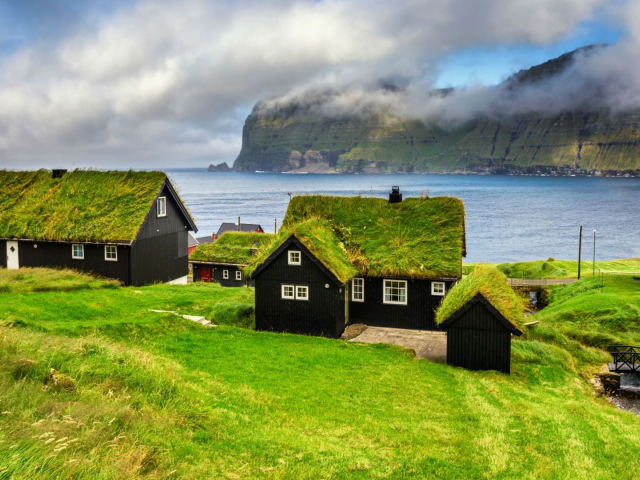
3 place – Denmark
Guests of Denmark are amazed by the thermal energy that is used for the lighting and heating of many buildings. There are also ecological villages where residents sell surpluses of electricity produced by solar batteries to power companies.
There are almost no traffic jams in Denmark: 20% of residents get to work by bicycles. In addition, the roofs of many houses are greened which allows not only to increase the life of the coating but also to clean the air, absorb rain, protect the houses from ultraviolet radiation and temperature differences.

2 place – France
Despite the high level of industrial development, the ecological situation in France is more than favorable.
This is largely thanks to the diversification of energy sources: 80% of its production comes from nuclear power plants, the remaining 20% is produced by wind generators, solar batteries, biogas plants. Their amount is expected to grow in the near future.
The policy of the French authorities is aimed at ensuring that everyone can live in comfortable ecological conditions. From the school bench, children are taught that they should be responsible for preserving a safe environment.

1 place – Switzerland
For many years, no country in the world can challenge the leadership position of this country in matters of ecology and natural resources management. Switzerland has all the conditions for living a long and happy life: virgin forests, mountains, and plateaus, alpine meadows, clean rivers and lakes.
However, the first place in the rating of the most environmentally-friendly countries of the world is nevertheless ensured by the purposeful "green" policy of the authorities.
A rational approach to running the country has allowed Switzerland to achieve incredible success not only in the field of environmental safety but also in a number of economic indicators, including human development.

The prestigious magazine Architectural Digest has published a ranking of the world's most beautiful palaces. Let us take a look at the buildings that topped this list

Winter is the perfect time to curl up in a warm blanket and enjoy drinks that bring coziness and holiday cheer. Here are seven winter drinks that are perfect for cold days
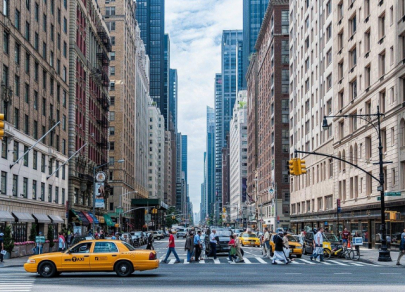
Despite the widespread belief that ultra-wealthy individuals are leaving big cities in search of privacy, most still prefer to live in bustling metropolises, according to the latest billionaire census conducted by Altrata. Let's explore which cities today have the largest concentration of people with a fortune exceeding $1 billion